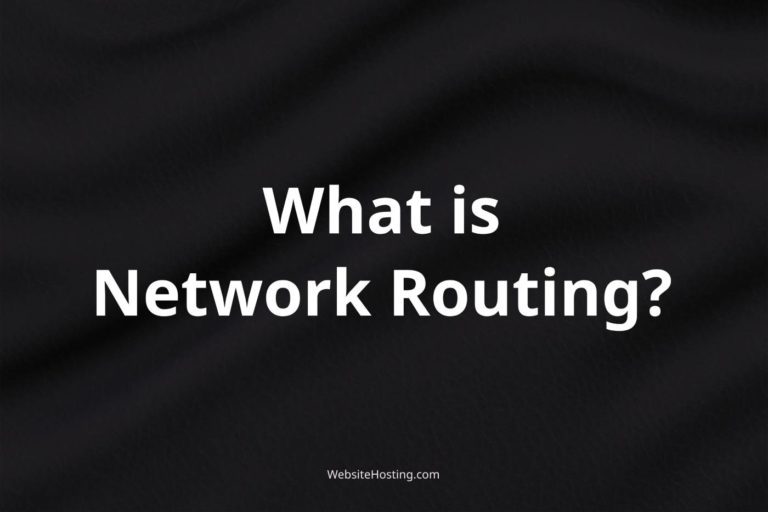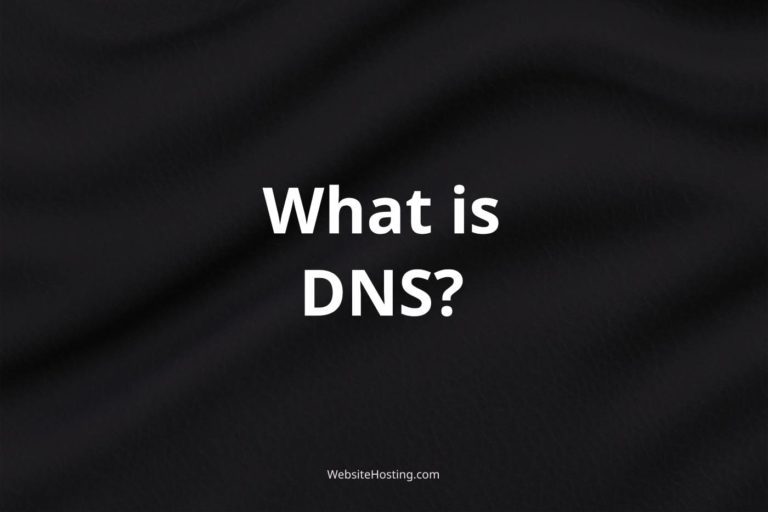Differentiated Services Code Point (DSCP) is a way of marking packets to indicate their priority level in a network.
It is an important aspect of Quality of Service (QoS) that helps prioritize and manage network traffic. It is a way of classifying and marking packets to indicate the level of service required for that particular packet. DSCP values are used by routers to decide how to treat the packets and give priority to certain types of traffic over others.
How DSCP works
DSCP works by assigning a value to the DSCP field in the IP header of a packet. This value is used to determine the priority and type of service for the packet. Routers and switches in the network can then use this information to prioritize traffic based on its importance.
DSCP values
There are 64 possible DSCP values, which are divided into three categories: best effort, assured forwarding, and expedited forwarding. Best-effort traffic is assigned the lowest DSCP values, while expedited forwarding traffic is assigned the highest.
- Best-effort traffic – DSCP values 0-15
- Assured forwarding traffic – DSCP values 16-47
- Expedited forwarding traffic – DSCP values 48-63
Benefits of using DSCP
Using DSCP can help improve network performance and QoS by ensuring that critical traffic is prioritized over non-critical traffic. This can lead to faster and more reliable network communication, particularly in busy or congested networks.
Related terms:
- Quality of Service (QoS)
- IP header
- Routers
- Switches
- Traffic prioritization
- Best effort traffic
- Assured forwarding
- Expedited forwarding
- Congestion control
- Bandwidth management
Notable brands:
- Cisco
- Juniper Networks
- Aruba Networks
- Huawei
- Fortinet
Frequently Asked Questions
What is DSCP used for?
DSCP is used to prioritize traffic and improve Quality of Service (QoS) in networks. By assigning a value to the DSCP field in the IP header of a packet, routers, and switches can prioritize traffic based on its importance.
What are the different types of DSCP values?
There are 64 possible DSCP values, which are divided into three categories: best effort, assured forwarding, and expedited forwarding. Best-effort traffic is assigned the lowest DSCP values, while expedited forwarding traffic is assigned the highest.
How does DSCP work?
DSCP values are used by routers to decide how to treat packets and give priority to certain types of traffic over others.
Why is DSCP important?
DSCP is important for managing network traffic and ensuring that important traffic is prioritized over less important traffic.
How are DSCP values set?
DSCP values can be set manually or automatically by applications or devices.
What are some common applications of DSCP?
DSCP can be used for prioritizing VoIP traffic, video streaming, and other critical applications in a network.




